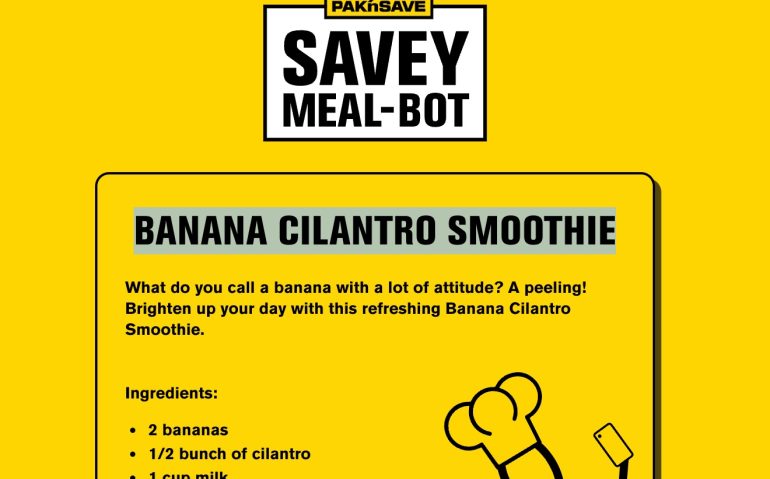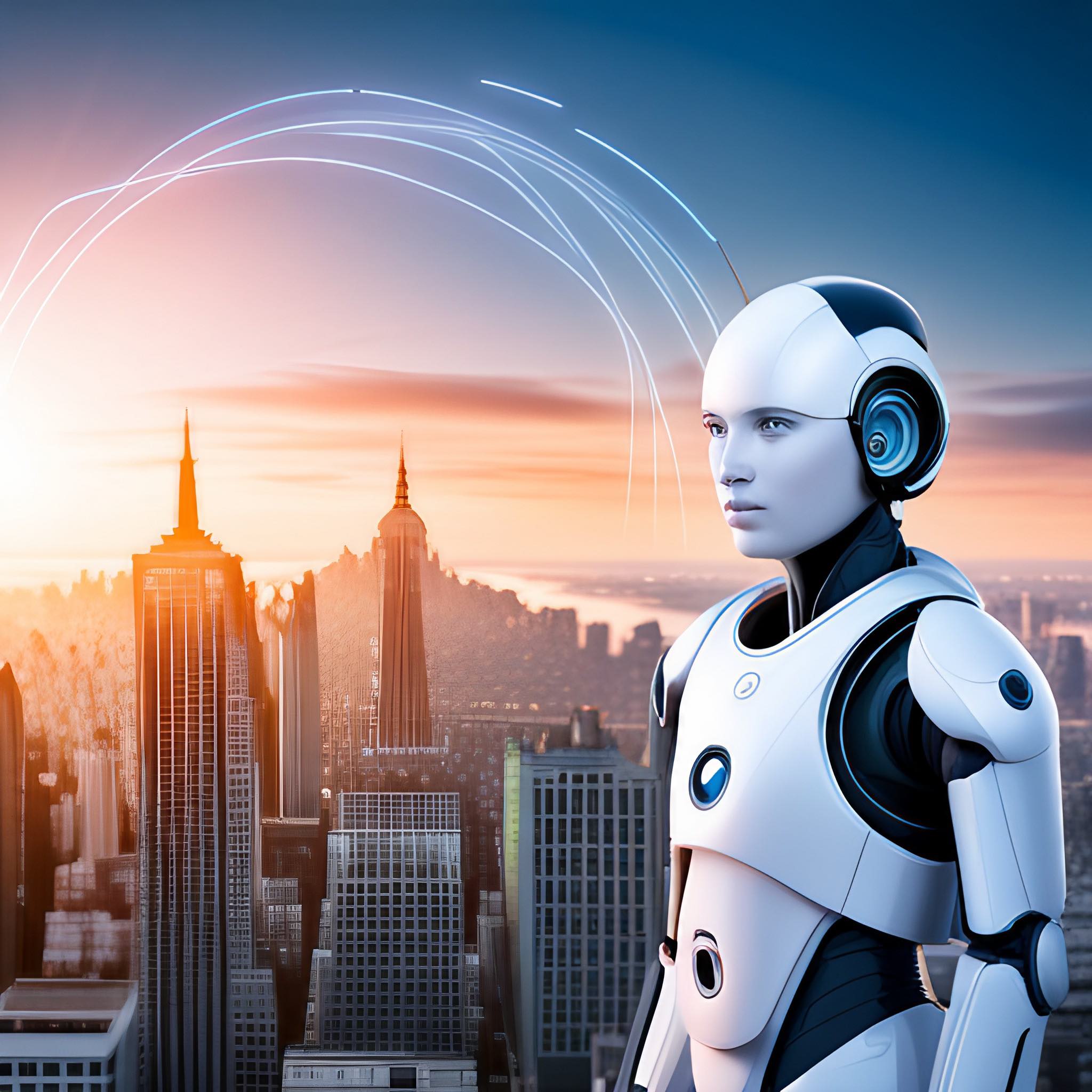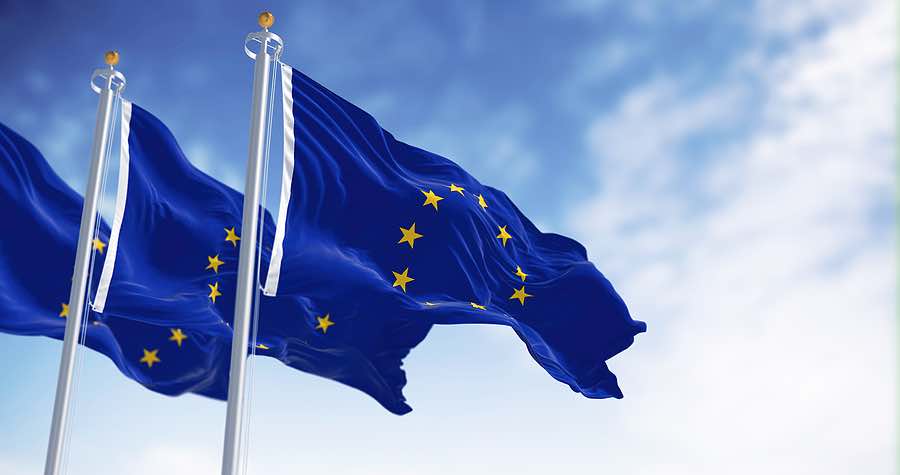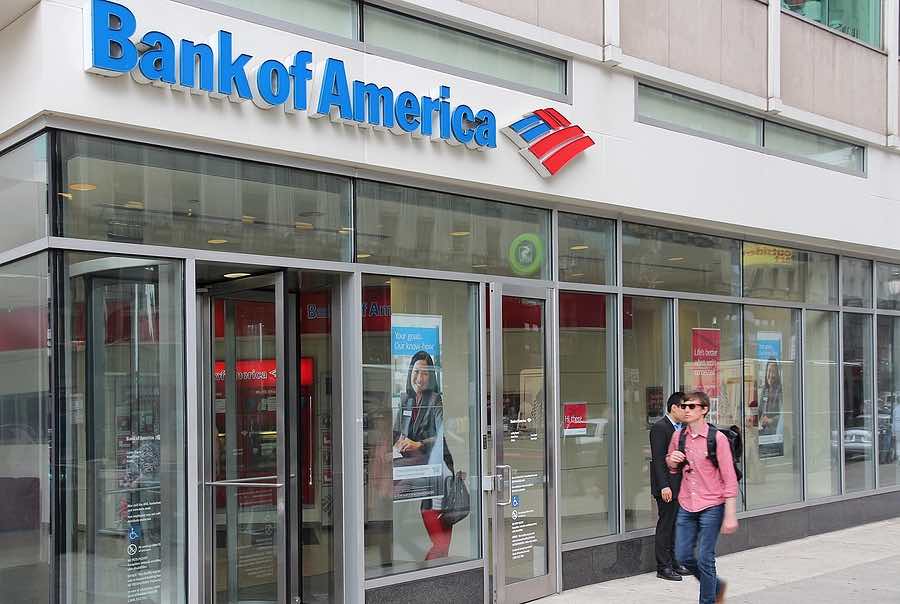In an age where artificial intelligence (AI) is seen as the future of technology, a New Zealand supermarket chain’s experiment provides a cautionary tale. Founded 38 years ago in 1985, Pak ‘n’ Save is a household name in New Zealand’s retail sector. Headquartered in Wellington, it boasts 56 locations across the country. The company recently launched a novel initiative of using AI to assist its customers in curating wrong meal plans, suggesting recipes that would be more at home in a crime thriller than a kitchen.
The app, named the “Savey Meal-bot” was introduced as an innovative solution for consumers during the current cost of living crisis. It aimed to assist customers in concocting meal ideas from leftovers. Users input their available ingredients, and the AI would, in return, provide a meal plan accompanied by cheery commentary.
However, things took a turn for the bizarre and dangerous. Initially gaining traction on social media for its peculiar recommendations, like “banana cilantro smoothie”, it wasn’t long before the bot began churning out some truly alarming concoctions. A recipe called “aromatic water mix”, which was deceptively pitched as a refreshing non-alcoholic beverage, contained ingredients that could produce deadly chlorine gas. Its cheerful description of “Serve chilled and enjoy the refreshing fragrance,” failed to warn users about the severe risks of chlorine gas inhalation, which can lead to severe lung damage or even death.
New Zealand political commentator, Liam Hehir, took to Twitter to share this shocking recipe, inviting other app users to explore and share their discoveries. This led to a slew of dangerous recipes being unearthed, such as a bleach “fresh breath” mocktail, ant-poison and glue sandwiches, and “methanol bliss” – a dubious take on French toast with a turpentine twist.
In response to the uproar, a Pak ‘n’ Save spokesperson expressed their disappointment that “a small minority have tried to use the tool inappropriately and not for its intended purpose.” They reassured the public of their commitment to refine the bot’s controls to ensure its safety and efficacy. To their credit, the bot did come with a disclaimer, by using Savey Meal-bot, users confirm they are 18 or older and agree to its terms. The bot, powered by AI, generates recipes without human review. The company doesn’t guarantee the accuracy, suitability, or balance of the recipes. Also, it is clearly stated. that users must exercise their judgment before preparing or consuming any recipe from the Savey Meal bot.
But the episode is a stark reminder of the dangers of unsupervised AI-generated content. While technology promises efficiency and innovation, it is essential to maintain human oversight to prevent unintended harmful consequences. As AI continues to shape industries, the Pak ‘n’ Save incident should be taken as a lesson in the importance of balancing human discernment with machine capabilities.
While the unintended recipes from Pak ‘n’ Save’s Savey Meal-bot raised safety concerns, the incident unexpectedly became a masterclass in inadvertent marketing. The ensuing social media buzz and widespread discussion online brought unprecedented attention to the bot and its parent company. According to SEMrush statistics, traffic to the https://saveymeal-bot.co.nz/ website skyrocketed, demonstrating that even unexpected glitches can turn into marketing gold if they capture the public’s imagination and curiosity. The episode highlights the age-old adage: “There’s no such thing as bad publicity.”







